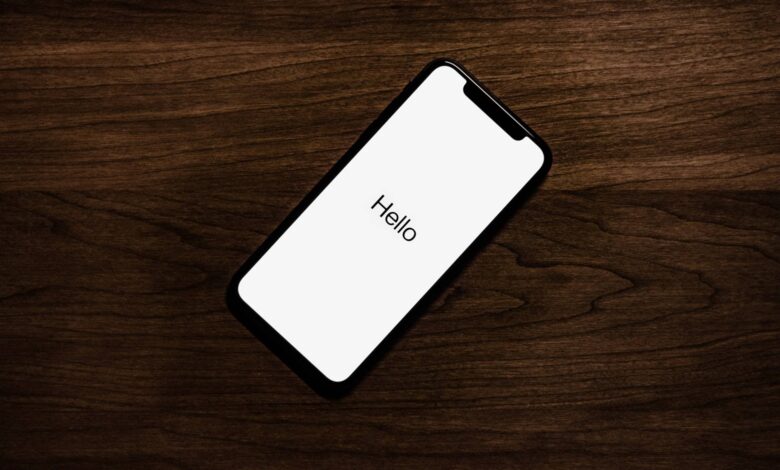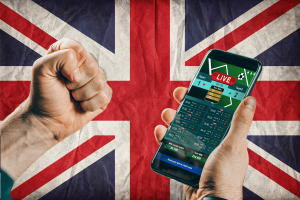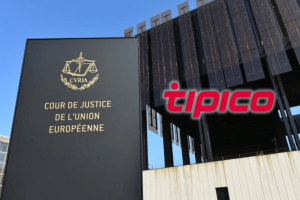
Apple has started issuing payments as part of a $500 million settlement in a class-action lawsuit in the United States, according to the BBC. This lawsuit accused the tech giant of deliberately slowing down older iPhone models. Each claimant in the U.S. is set to receive approximately $92, a part of the settlement agreed upon in 2020.
The lawsuit dates back to December 2017 when Apple admitted to slowing down some older iPhone models. The company claimed this was to prolong the phone’s lifespan as batteries aged and performance decreased. However, this led to widespread criticism and accusations of Apple not being transparent with its customers, resulting in the legal action.
At the time of agreeing to the settlement, Apple denied any wrongdoing but expressed concerns about the costs of ongoing litigation. The actual payout per claimant turned out to be significantly higher than the initially estimated $25.
Parallel legal action in the U.K.
In the United Kingdom, a similar lawsuit is underway, spearheaded by Justin Gutmann, representing an estimated 24 million iPhone users and seeking £1.6 billion in compensation. This lawsuit extends beyond the iPhone 6 and 7 models included in the U.S. case, also covering iPhone 8, 8 Plus, and X models. Apple has consistently denied the allegations, stating it would never intentionally shorten the life of its products.
Despite the developments in the U.S., the U.K. lawsuit remains unaffected. Gutmann noted that Apple’s settlement in the U.S. is a moral victory but does not directly impact the U.K. case. Apple is vigorously contesting the U.K. class action, which is expected to be heard at the Court of Appeal. The trial could potentially take place in late 2024 or early 2025.
The payout in the U.S. lawsuit marks a significant development in the ongoing saga of Apple’s alleged iPhone slowdown. While it represents a closure for U.S. claimants, the U.K. case continues to unfold. The outcome of the U.K. lawsuit could set a precedent for how tech companies manage device performance and communicate with their users about such practices. As the legal battles continue, they highlight the growing scrutiny of tech giants and their responsibility toward consumers.
Source link




